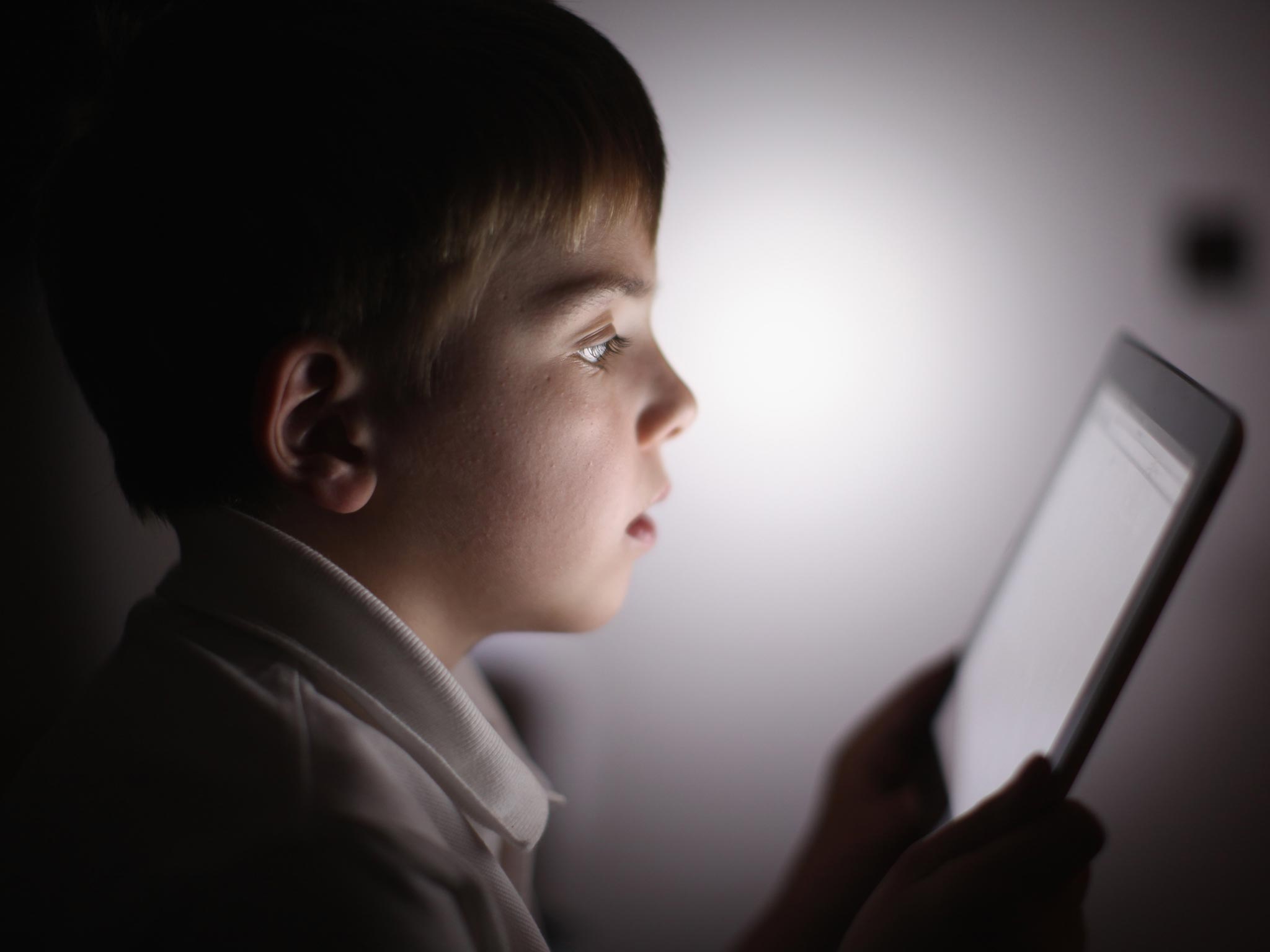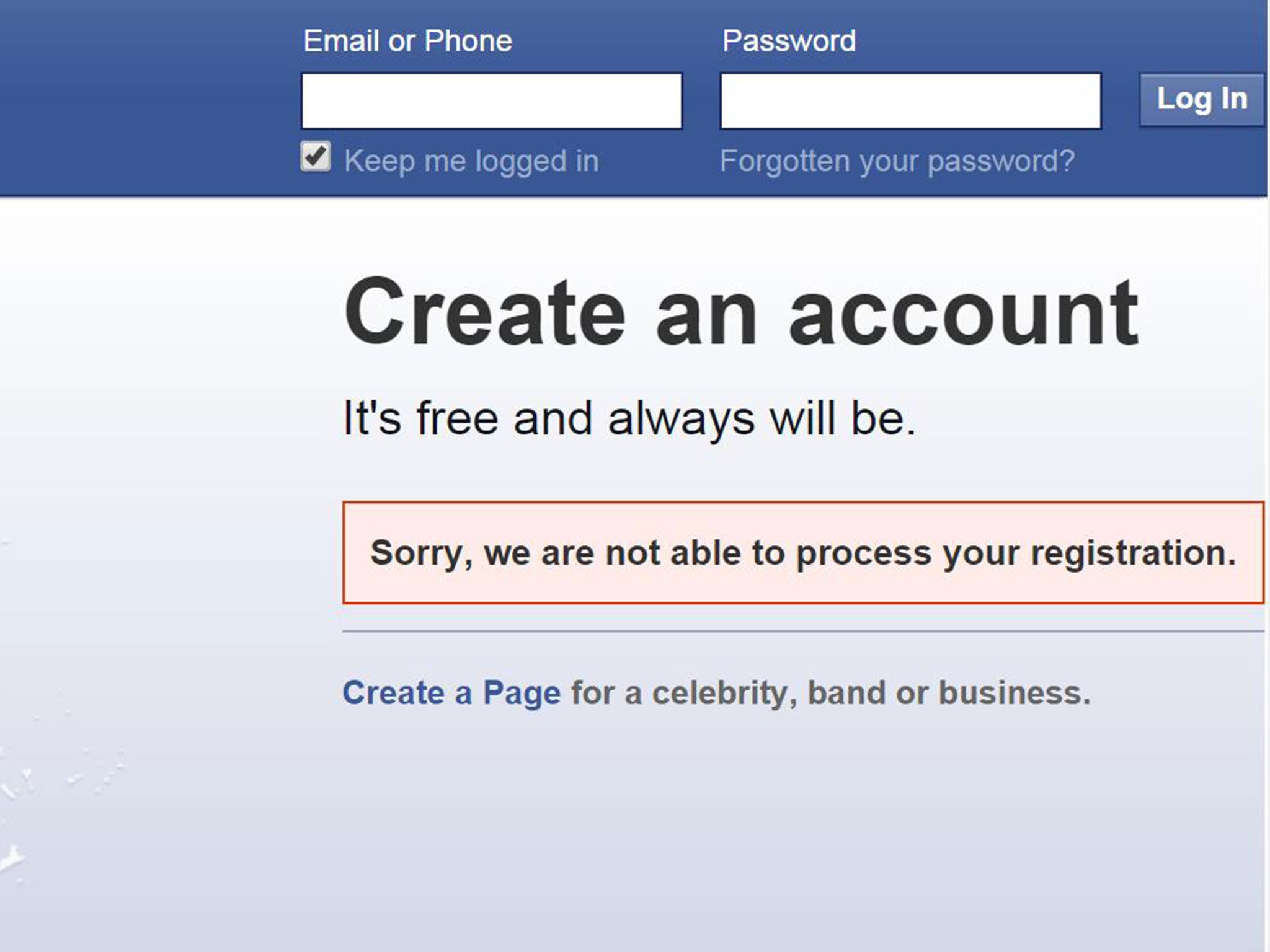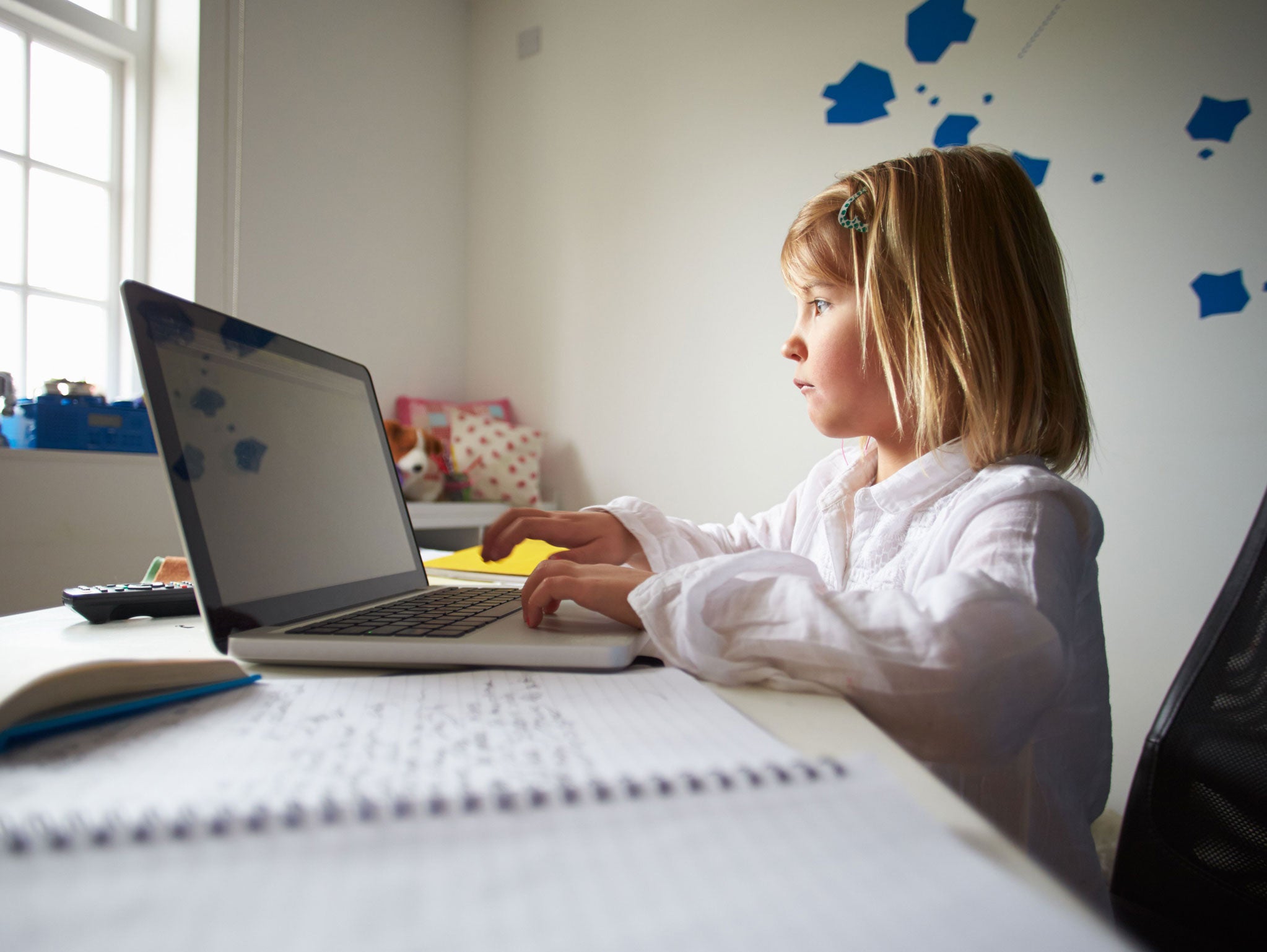Safer Internet Day: More than three-quarters of under-13s using social networks despite age limits
A BBC survey found that 78% of under 13s were using at least one social network despite being under the age limit

Your support helps us to tell the story
From reproductive rights to climate change to Big Tech, The Independent is on the ground when the story is developing. Whether it's investigating the financials of Elon Musk's pro-Trump PAC or producing our latest documentary, 'The A Word', which shines a light on the American women fighting for reproductive rights, we know how important it is to parse out the facts from the messaging.
At such a critical moment in US history, we need reporters on the ground. Your donation allows us to keep sending journalists to speak to both sides of the story.
The Independent is trusted by Americans across the entire political spectrum. And unlike many other quality news outlets, we choose not to lock Americans out of our reporting and analysis with paywalls. We believe quality journalism should be available to everyone, paid for by those who can afford it.
Your support makes all the difference.More than three quarters of British children aged between 10 and 12 are ignoring age limits to set up their own social media accounts, putting them at risk of online bullying and abuse, a survey has found.
In research to mark Safer Internet Day, the BBC’s Newsround programme revealed that Facebook was most widely used by under-13s, followed by Instagram.
Out of around 1,000 children and teenagers between 10 and 18 interviewed, more than one in five said they had been bullied online but still found social media to be an important part of everyday life.

A quarter of 16 to 18-year-olds admitted using networks including Facebook, Snapchat, Instagram and Twitter for “unkind” or “rude” posts directed at other people.
Thirteen is the minimum age for Facebook, Twitter, Instagram, Snapchat, Pinterest, Reddit and several other sites, while WhatsApp sets the bar at 16 and Vine is 17.
But most of the sites rely on users to put in their real date of birth when setting up an account, allowing children to simply change the year to register.
Facebook deletes any accounts belonging to under-13s when flagged, while Instagram also encourages people to report underage accounts or “anything that may make them feel uncomfortable”.

A separate study commissioned by the organisers of Safer Internet Day found a quarter of teenagers received online abuse last year, being targeted because of their gender, sexual orientation, race, religion, disability or transgender identity.
Will Gardner, chief executive of the charity Childnet and director of the UK Safer Internet Centre, which published the study, said: “It is a wake-up call for all of us to play our part in helping create a better internet for all, to ensure that everyone can benefit from the opportunities that technology provides for building mutual respect and dialogue, facilitating rights, and empowering everyone to be able to express themselves and be themselves online - whoever they are.”
The day is supported by technology firms and the Government to assess how children are using the internet and “promote the safe, responsible and positive use of digital technology”.
Nicky Morgan, the Education Secretary, said her department was working to improve safeguards but that parents and education also have a vital role to play.
“We are working hard to make the web a safer place for children but we can't do it alone and parents have a vital role to play in educating young people,” she added.
Additional reporting by PA
Join our commenting forum
Join thought-provoking conversations, follow other Independent readers and see their replies
Comments